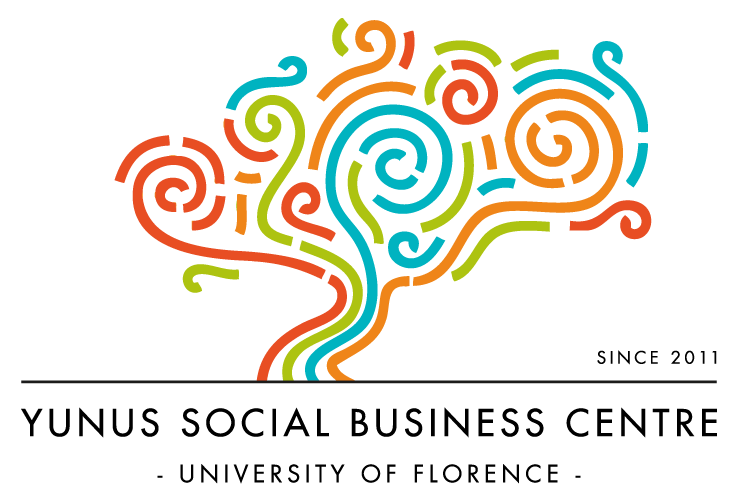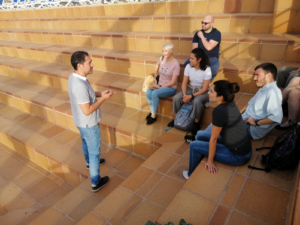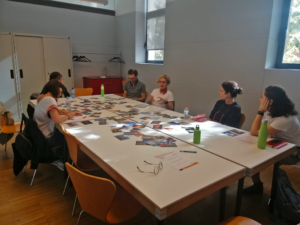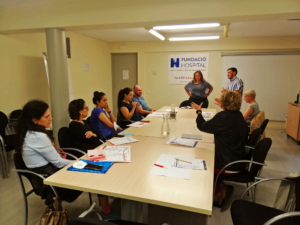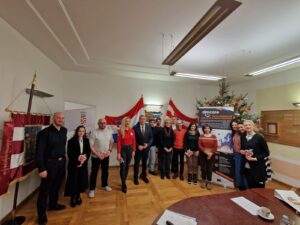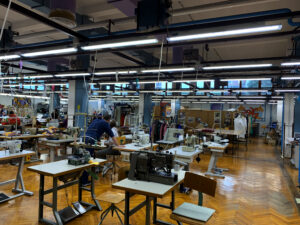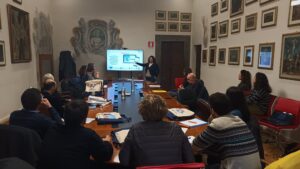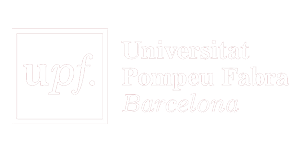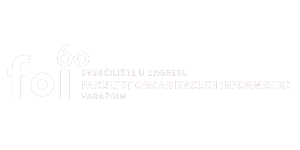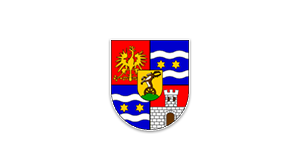The context
Social economy is to play a crucial role in the recovery of the European Union from COVID-19 pandemic crisis. Not only for the reason that it represents 6.54% of EU GDP (European industrial strategy), but also because “proximity, social economy and civil security” contributes directly to local prosperity and well-being of citizens, where they provide essential production, services and revenues.
The use of new technologies and digital social innovations within a social enterprise or social economy ecosystem context is key for the future.
Due to the irruption of new technologies and the digitalisation of today’s society, exponentially increased by the crisis generated by COVID-19, the people care sector finds itself in a situation of enormous complexity, which entails a great challenge: adapting the way in which it offers services to its users by means of digital tools.
It is not only a question of digitalising the processes of the social enterprises that provide this care to people, but also of being able to rely on digital elements, components and tools in the services involved. It is a fact that people care involves a great deal of face-to-face work, so adapting these services to digital media is much more complicated than in other sectors of activity.
